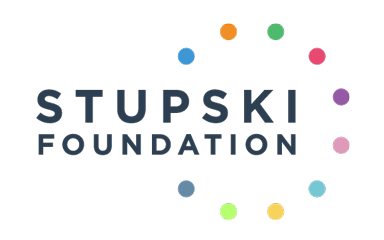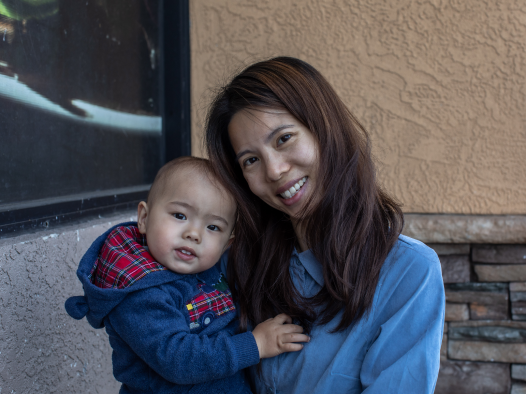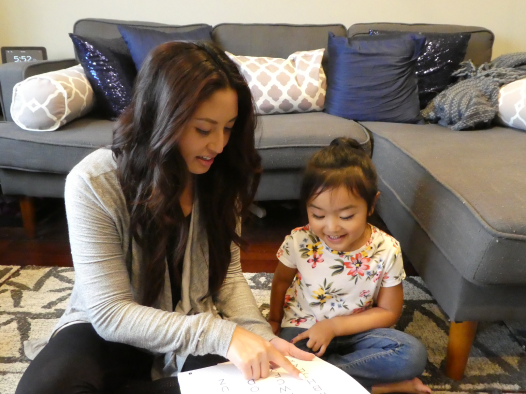
By 2029, we commit to ensure that children have the integrated health and social services that will help them thrive.
The early years of a child’s life establish the foundation for all aspects of their development. Neuroscience and social science research point to the importance of healthy stimulation – hearing words and numbers and interacting directly with an attentive caregiver – to set children on a lifelong path to educational and employment success.
Yet, it can be challenging for working parents and single parents who do not have access to affordable child care or early learning programs to maximize high-quality interactions with their children. Growing up in stressful environments and experiencing trauma can also hinder early brain development and children’s ability to reach their full potential. A third of children from birth to age 3 in San Francisco and Alameda Counties are part of families struggling to make ends meet and are more likely to experience health, behavior, and learning challenges. By 2029, we commit to ensure that these children have the integrated health and social services that will help them thrive.



